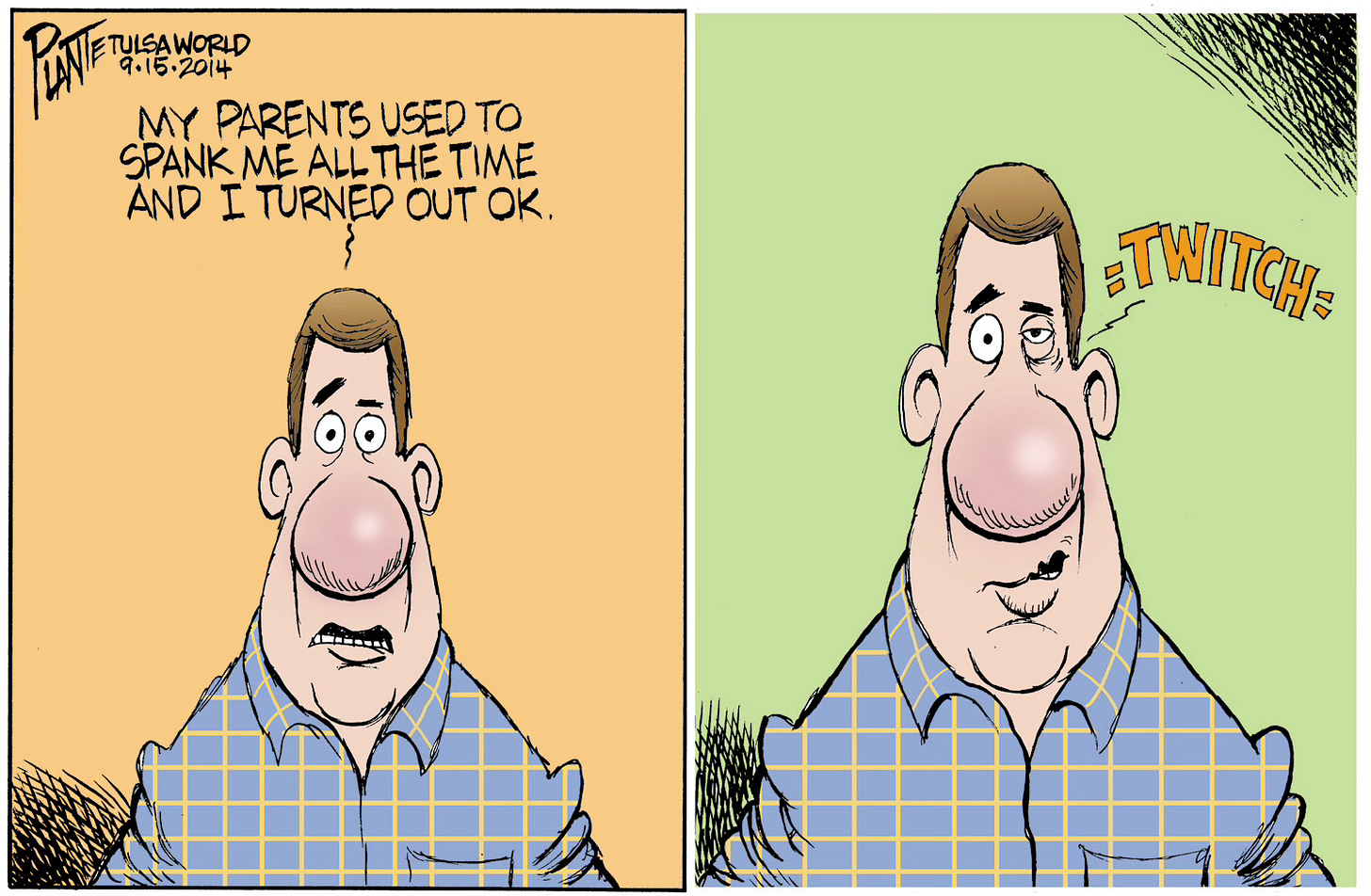The 'Board' Of Education
Back in the ‘90s, my wife and I met with our oldest son’s second-grade teacher for a routine, first semester conference. Our son got high marks for his conduct in class and his work, but his teacher lamented she was forced to spend instructional time on what most would regard as basic social skills: right from wrong, playing well with others, waiting one’s turn to speak in class.
It reminded us how fortunate we were. Unlike many workaday families, we were able to gather most evenings around the dinner table, where conversations often included instruction in life skills. Our sons knew what was appropriate, what wasn’t, and what would happen (once they got home) if they acted up at school.
We agreed this teacher was doing what was necessary to help her students grow and to reduce classroom chaos. Yet we couldn’t shake the notion that some parents would be unsettled, if not downright hostile, to the notion their child was being taught someone else’s “values.”
That conversation came to mind recently as state legislators – yet again – debated the use of corporal punishment in Oklahoma’s public schools.
If parents were agitated three decades ago about mere role-playing of social interactions, imagine the potential furor today if a public school teacher or administrator laid the lumber to your child’s derriere or otherwise physically restrained them.
Actually, we don’t have to wonder. All you have to do is open a newspaper, turn on TV news or search online to find teachers and administrators under fire from parents unhappy over school discipline.
For the record, our state ranks No. 5 nationally in spanking students, according to the Oklahoma Appleseed Center for Law and Justice. The question is, why?
It’s true, of course, that Oklahoma is widely regarded as a buckle on the Bible belt. And, yes, Sooners often invoke Proverbs’ or Hebrews’ spare-the-rod-isms as a perceived spiritual imprimatur for its use.
This isn’t a theological discussion, of course. It’s a public policy matter for which dispassionate medical and social science can shed light not only on its application, but also its effectiveness.
According to mental health experts, children subjected to paddling – whether by educators or their parents – are more prone to antisocial behavior, depression, substance abuse, and mood, anxiety and personality disorders.
Additionally, research by the Tulsa-based Appleseed Center found corporal punishment is being applied disproportionately to Black, Native and disabled students.
Neither reflects what the Oklahoma Standard should be.
Yet, legislative efforts last spring – led by Rep. John Talley, R-Stillwater, and Senate Democratic Leader Kay Floyd of Oklahoma City – to ban schools from striking students with disabilities stalled in the Senate after it passed the House.
To their credit, Talley and Floyd are still working on it, hosting an interim study earlier this month that focused on the ineffectiveness and negative consequences of the practice.
Naturally, Rep. Jim Olsen, R-Roland, and other Christian nationalists in the Legislature went ballistic, calling the hearing “one-sided” and suggesting, in effect, God favors whacking kids who get out of line.
“It's best to take God at His Word and do things His way,” sayeth Olsen. “When we do, things turn out much better.”
It’s worth noting that Talley, long before he was elected to the Legislature, was known for Christian outreach to Oklahoma State University students and athletes.
“The use of corporal punishment against students who may not be able to control their actions or may not understand why they're being punished,” he said, “can lead to emotional distress and subject them to a hostile learning environment.
“Students with disabilities require additional support and resources, not physical punishment, in order to thrive socially and academically.”
Here are some more important facts: Oklahoma is one of 17 states that permits corporal punishment, yet only 137 of our 152 school districts do – most in rural areas. Urban districts like Oklahoma City, Tulsa and Edmond Urban prohibit it. How often is it deployed? According to the latest data, 3,968 times in the 2018-19 school year.
That’s unconscionable. This is a modern society. There are better ways. It’s time for a serious statewide conversation about proper schoolhouse discipline. And for the Legislature to put a stop to it.



